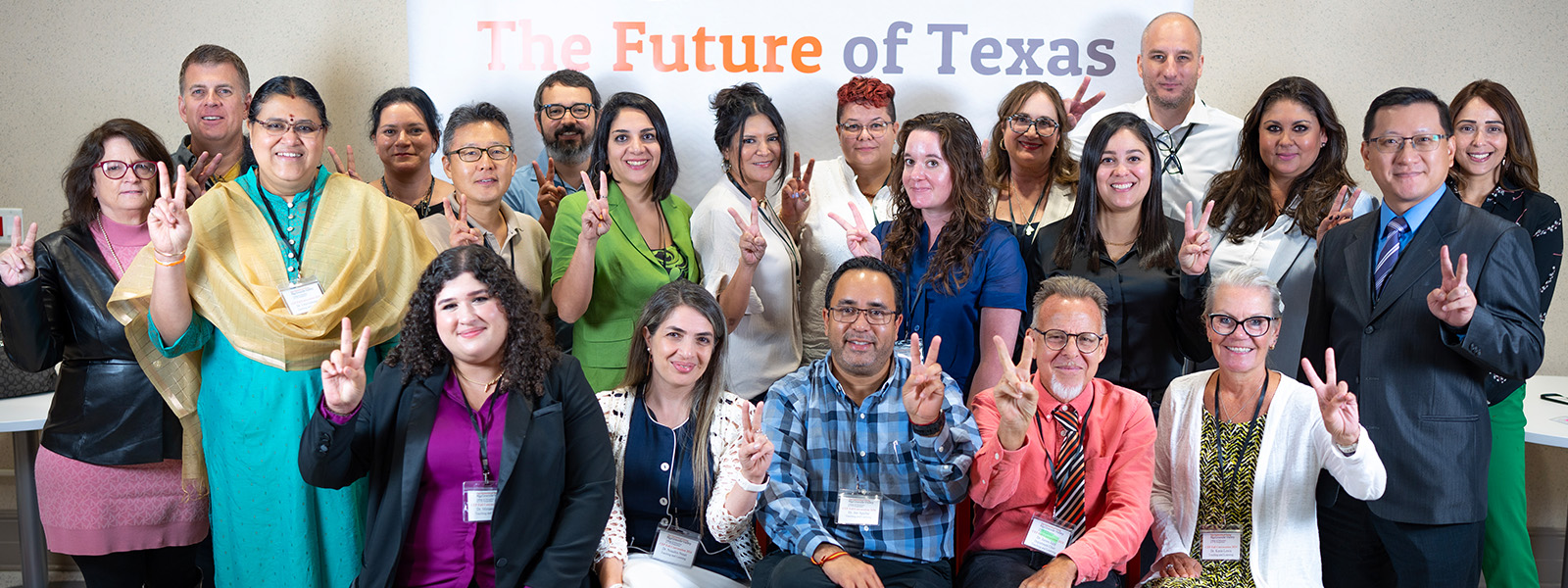
Teaching and Learning Faculty Publications
Document Type
Article
Publication Date
4-2020
Abstract
The acceptance and perceptions of a technology is relevant and pertinent because it would facilitate its adoption and integration (Jurison, 2000). In this regard, the integration of new technologies in education, and especially in teacher preparation programs, offer future teachers a variety of opportunities to be better prepared. Pre-service teacher’s perceptions, views, and opinions on how technology can help them acquire new knowledge and teaching skills, can be influenced if technologies are integrated, presented, and linked to the goals and objectives of the courses in a preparation program (Gordon, Brayshaw, & Grey, 2015; Russell, Bebell, O'Dwyer & O'Connor, 2003). For example, state of the art technologies like Mixed-Reality Simulations (MRSs), can be integrated in methods courses to enhance pre-service teachers’ abilities related to the implementation of high-leverage practices [HLP] (Ball, & Forzani, 2011). MRSs software like TLE TeachLiveTM/MursionTM (Andreasen & Haciomeroglu, 2009) are instructional-educational tools intended to provide pre-service teachers early simulated experiences that would enhance and strengthen their teaching skills in a safe environment (Hixon & So, 2009). The goal of this article is to present results of a study where elementary pre-service mathematics teachers (EPSMT) were exposed to the use of MRSs during a mathematics methods course. The use of MRSs with the EPSMTs have the intention of fostering HLPs use of productive mathematical talk moves [PMTMs] (Chapin, O’Connor, & Anderson, 2009; Moyer & Milewicz, 2002; Ginsburg, 1997), such as eliciting, assessing, and questioning elementary students while solving mathematical tasks. The purpose of this study was to examine elementary preservice mathematics teachers’ perceptions of the usefulness of MRs in their role to foster productive mathematics talk. To this end, the researchers addressed the following questions: (1) What are the EPSMTs s’ perceptions toward the use of MRSs as part of their teacher preparation program? and (2) what are the opinions of the EPSMTs in regard to the benefits and usefulness of MRS to leverage their teaching skill in productive mathematical talk moves? EPSMTs’ responses were captured through an instrument used for this purpose. The EPSMTs not only enjoyed the use of MRSs as part of the math methods course, but that they perceived MRSs as a tool that helped them to boost their teaching skills in eliciting the student’s thoughts and promoting discourse through questioning.
Recommended Citation
Aguilar, J., & Telese, J. (2020). Perceptions and Opinions of the Usability of Simulations in a Mathematics Methods Course for Elementary Pre-Service Teachers. Journal of Education and Practice, 11(12), 9-14. https://doi.org/10.7176/JEP/11-12-02
First Page
9
Last Page
14
Publication Title
Journal of Education and Practice
DOI
10.7176/JEP/11-12-02


Comments
© 2020, www.iiste.org. Original published version available at https://www.iiste.org/Journals/index.php/JEP/article/view/52456